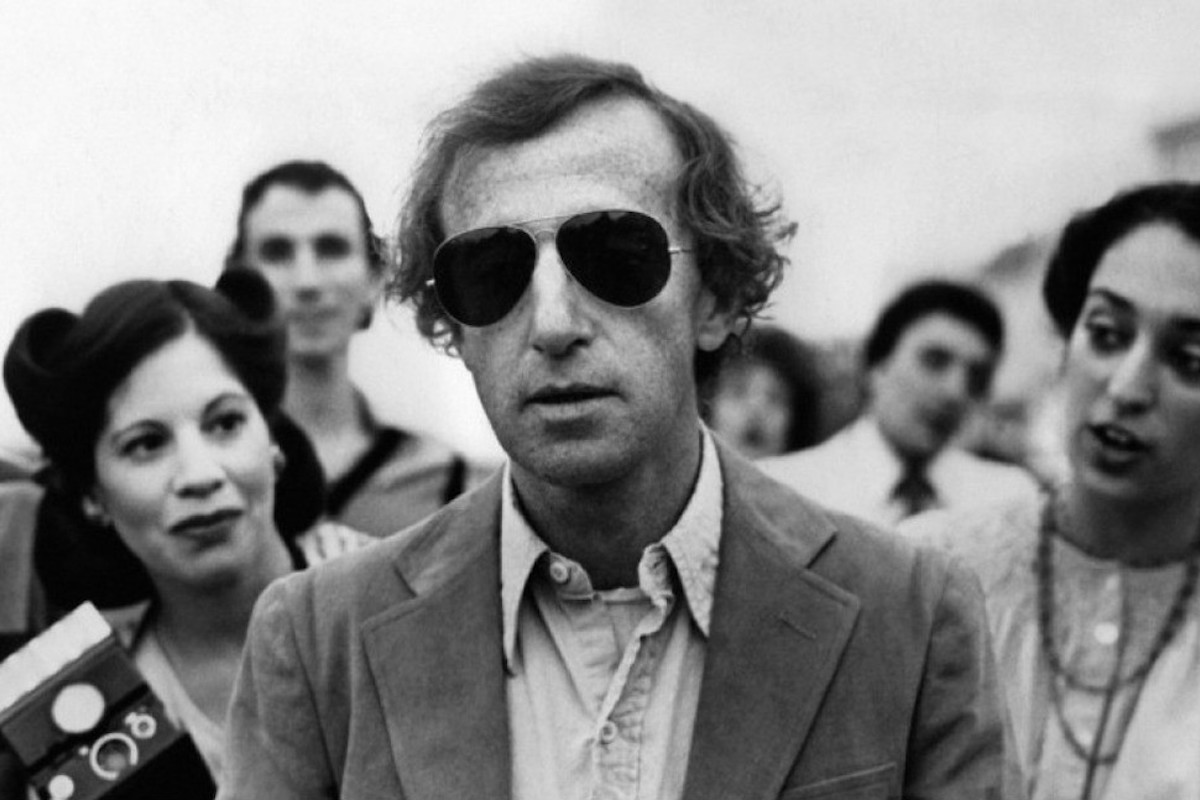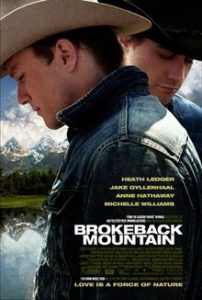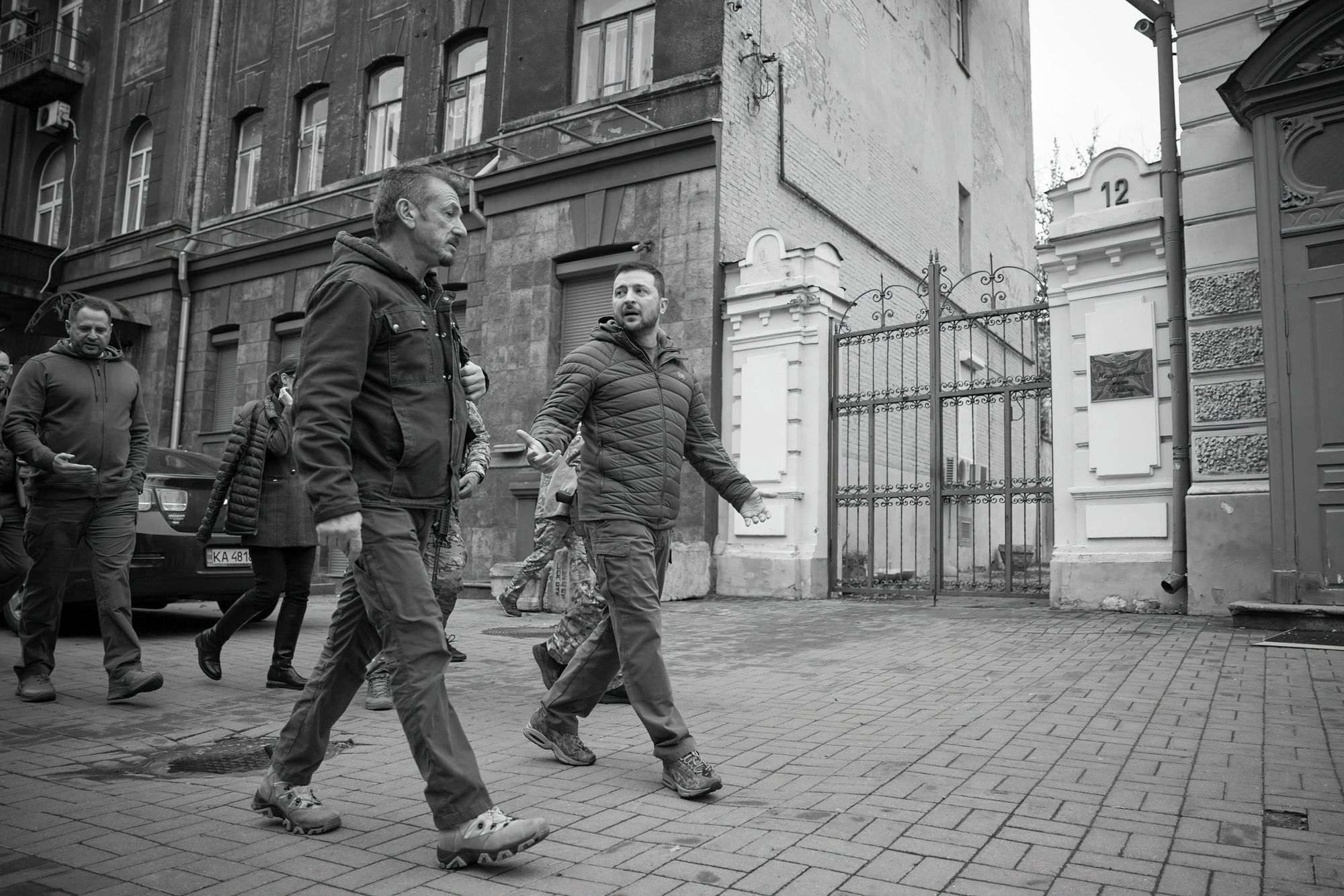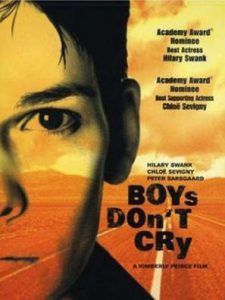Top Stories
Real Art Is Bound to Cause Offence
Artists should be nervous when advocacy groups gain influence over the creative process: Their focus is never art. It’s always their own narrow agenda.

Artists traditionally have faced a choice: stay true to their calling, trading financial security for intellectual freedom—or put art aside in favour of a steady paycheque and the stifling strictures that come with corporate life. But in the current era, something has changed. Artists now experience the worst of both worlds: They still struggle to make ends meet, while enduring all of the oppressive controls that come with selling out.
One well-known recent example is that of Anders Carlson-Wee, the poet who denounced his own poem after being shamed by his editors at The Nation. Stephanie Burt and Carmen Giménez Smith had published Carlson-Wee’s poem, titled How-To, in July, but then had second thoughts, suddenly declaring it to be full of racist and ableist wrongthink. The poet, too, felt the need to beg for forgiveness, telling the world, “I am sorry for the pain I caused.”
But this is just one piece of a larger trend. There is a concerted effort among many progressives to pre-empt artistic risk-taking. They want the artist to work on pre-approved themes and express pre-approved truths, even if the artist herself suspects those truths may not actually be truths at all.
This policy of obedience is toxic to creativity. Artist’s need freedom to explore the unknown—to follow their thoughts wherever they go, and to represent their beliefs through art. Creating real art is bound to cause offence in some cases, yet the practice must be encouraged. Otherwise, the goal of art will be to placate ideological critics, thereby pushing it into the realm of propaganda.
Last month, actress Scarlett Johansson walked away from Rub & Tug, a film about transgender gangster Dante “Tex” Gill, after protesters claimed that she effectively was taking a job away from a transgendered actor. At one point, a representative for Johansson released a statement directing protesters to Jeffrey Tambor, Jared Leto and Felicity Huffman, three cis (i.e. non-trans) actors who have played transgender characters in recent years. The seemingly flippant tone of this response only fueled the outrage. And protesters continued to press the issue until Johansson finally stepped down from the role.

Gill (1930-2003), who began life as a girl* named Lois Jean Gill, was a gangster who ran a string of brothels thinly veiled as massage parlours. In 1984, The Pittsburgh Press awarded her the title of both “Dubious Man of the year” and “Dubious Woman of the Year.” She was at war with the Mafia. One of her parlours was destroyed in a bombing. Another was burned to the ground by an arson attack. She was the leader of a doping operation that provided the Pittsburgh Steelers football team with anabolic steroids. And a lot of the help she received in growing her business came from Pittsburgh’s gay community. Gill spent her millions on expensive jewellery (which she gave to favourite prostitutes), trips around the world, large parties, exotic animals—and, according to some reports, gender re-assignment surgery. She got busted on tax evasion and was sent to jail, where she died. Gill lived a fascinating life. But due to the efforts of protesters, it’s a story we may never see told in a popular movie.
By accepting the role of Gill, Johansson was not doing a disservice to the trans community. In fact, having an actress of Johansson’s stature attached to Rub & Tug was likely the only way this film was ever going to be made. The original casting decision was part of a trend in Hollywood of hiring big-name actors to play sexual minorities, thereby ensuring a wide release even if a film’s budget is tiny.

Brokeback Mountain, a hugely successful $12-million movie starring Jake Gyllenhaal and Heath Ledger, is an obvious example. Following that 2005 blockbuster, the role of Harvey Milk in Milk (2008) was given to Sean Penn, and Benedict Cumberbatch played Alan Turing in The Imitation Game (2014). The rumoured production budget for Rub & Tug was $30-million (a small fraction of the cost of your average big-ticket Hollywood release), with the film being produced by New Regency, a studio that has been nominated for Best Picture Award at the Oscars three times (winning twice) over the last six years. No surprise: The fate of the film is up in the air since Johansson’s departure.
Days after Johansson stepped down, Sarah Kate Ellis, president and CEO of GLAAD, which advocates for greater LGBTQ representation in film and TV, praised Johansson’s decision:
[Her] announcement, together with the transgender voices who spoke out about this film, are game-changers for the future of transgender images in Hollywood. Hollywood changed how Americans understand gay and lesbian lives, and TV is starting to do the same for transgender people with authentic transgender portrayals being major hits with critics and audiences. The film industry has a real opportunity to do the same.
Artists should be nervous when advocacy groups gain influence over the creative process: Their focus is never art. It’s always their own narrow agenda. “GLAAD will be holding dedicated pressure on studios to fulfil their social responsibility for LGBTQ inclusion, and we are here as a resource to help them achieve their goals,” read the introduction to GLAAD’s annual Studio Responsibility Index. It’s a sly move to insist that furthering social responsibility—not making great movies—is the proper goal of a film studio. (From a film artist’s point of view, meanwhile, the only “social responsibility” that requires advancement is their responsibility to tell great stories.)
Notwithstanding her purported expertise, Ellis appears to have forgotten how Hollywood actually changed America’s perception of gay and lesbian lives. It was not by waiting until the stars aligned and a perfectly diverse cast appeared. For Brokeback Mountain, Director Ang Lee hired the best actors he could get, full stop (which was a challenge at the time, as there was a lingering stigma in Hollywood against playing gay characters). The producers of The Imitation Game, likewise, fought hard to get Cumberbatch on board because they thought he would be perfect for the role of mathematician Alan Turing. As for Milk, Penn told Rolling Stone that the movie’s Oscar success (including Penn’s own Best Actor award) was a large reason it was seen by so many people. “If we hadn’t gotten these eight nominations, we’d be straight to video right now. That’s just the nature of the beast.”

Films such as Milk and Rub & Tug do not have a guaranteed audience. Unlike comic-book movies and blockbuster sequels, on which a studio can bank nine figures solely on the basis of brand recognition, art-house films about gay or trans individuals typically require some infusion of star power. Even if Rub & Tug is produced, New Regency will have a difficult time getting the public to see it if it fails to attract attention on the festival circuit and at pre-screenings—which becomes difficult without a high-wattage star.
Some activists in this field will seek to argue with artists on their own terms—claiming that a transgender person will give a more authentic performance when playing a trans character. But there is no evidence to back that up. It is an actor’s job to embody characters who are different from themselves. Indeed, when Milk was released, New Yorker film critic Dan Denby praised the decision to cast Penn as the star: “By casting a famously macho actor as Harvey Milk, Van Sant has made the central humanist desire for self-acceptance and pride newly powerful. Giving himself utterly to the role, Penn takes an actor’s craft and dedication to soulful heights, making a demand for dignity that becomes universal.”
Taken to its logical conclusion, the campaign to kick Scarlett Johansson off Rub & Tug is fueled by an ideology that, if taken to its logical conclusion, leads to the death of acting as we know it—for there is no reason that the required congruence between actor and subject must end at gender or skin colour.
* * *

In 2016, a group of transgender activists at Reed College, in Portland, Oregon, protested a talk given by Kimberly Peirce, the self-described gender-fluid woman who co-wrote and directed the 1999 film Boys Don’t Cry—a biographical movie about Brandon Teena, a transgendered man who found love in Nebraska, but then fell victim to a brutal crime. The film won Hilary Swank an Oscar for best leading actress and was a launch pad for Peirce’s career. Yet protesters at Reed claimed Peirce was yet another “cis white bitch” who made money off of transgender stories. In a foreshadowing of the Johansson controversy, Swank also was criticized for stealing a job from a transgendered actor. These protesters, powered by luxury outrage (basic tuition at Reed is $56K/year), waved their placards and chanted songs until Peirce left the stage.
Peirce is a brave woman whose ground-breaking film brought visibility to the transgendered community. She lived through the AIDS epidemic and was openly lesbian at a time when many struggled to reveal their sexuality. She had the authentic lived experience (a quality so often sought after by activists) to know what being a sexual minority was like in the 80s and 90s. Yet none of this mattered to protestors who had the good fortune to grow up in a more enlightened age.
This year, a Chilean film, A Fantastic Woman, won the award for Best Foreign Language Film at the Oscars. It follows the story of Marina, a young transgender woman whose life is thrown into disarray after her boyfriend dies of a sudden aneurysm. Marina was played by Daniela Vega, a transgender actor. Yet when the Hollywood Reporter asked the film’s director, Sebastián Lelio, about the Johansson controversy, he said: “I’ll never make myself available to join or empower any idea that aims to restrict one of society’s most precious assets, which is the freedom of its artists.” Lelio also refused to insist that other directors should follow his example of casting transgendered actors in trans roles:
Whenever the decision to cast Daniela Vega is interpreted as an authoritarian gesture, a gesture that tells people what to do, I always raise my hand and say ‘No.’ I’m not commanding anyone to do anything, I’m exercising my [own] artistic freedom.
That freedom Lelio speaks of is slowly being clawed back. George Orwell wrote that “even a single taboo can have an all-round crippling effect upon the mind, because there is always the danger that any thought which is freely followed up may lead to the forbidden thought.” We now inhabit a moment when even artists—especially artists—are becoming afraid of forbidden thoughts. Works of art are being protested and suffocated even before they’ve been created. If it appears that a movie will not be adequately “progressive,” it dies in utero; and the risk-taking artist is ostracized.
Well-known American economist Eric Weinstein has argued that universities should have strong departments and weak administrations. Such a dynamic would allow the most productive professors to take risks and break ground for the rest of their profession, with minimal fear of repercussion. Publishers of art should provide cover for their artists in a similar fashion. Artists should feel reassured that they will get the support they need to make creative decisions about hot-button subjects; otherwise, they will have, in the back of their mind, the knowledge that one controversial choice could ruin their career. In the film world, the result will be fewer serious stories about the Holocaust, slavery, colonialism, totalitarianism and sexual identity—and more throwaway movies about talking dogs and wacky bachelor parties.
We should also remember that in many cases, it is actually beneficial to have one’s culture, community or identity interpreted by outsiders. It provides an opportunity to see oneself through the eyes of another—and a chance for the person interpreting your community to gain a deeper understanding of its nuances. At a recent speaking event in Vancouver, Eric Weinstein’s brother Bret (who became famous after being hounded off the campus of Evergreen State University in 2017 by protesting students) had Jordan Peterson and Sam Harris “steel-man” each other’s debating positions, an exercise by which one articulates an opponent’s argument in the strongest possible terms. Peterson said after the show that this exercise was valuable because it improved his understanding of Harris’ point of view. For an artist, putting the care and effort required to effectively represent another community may be seen as the social equivalent of steel-manning.
James Baldwin said the role of the artist is to tell people things they don’t want to hear. If someone doesn’t want to hear a story that makes them uncomfortable, that’s their decision. But they have no right to place their hands over other people’s eyes and ears. Boys Don’t Cry and The Imitation Game are both hard to watch. They are also, by any useful definition, true works of art, advancing the audience’s understanding of the underlying subject. Any doctrine that would serve to destroy such art does a great disservice to both creator and subject alike.
*An earlier version of this article incorrectly stated that Dante “Tex” Gill was born a boy. Quillette regrets the mistake.






